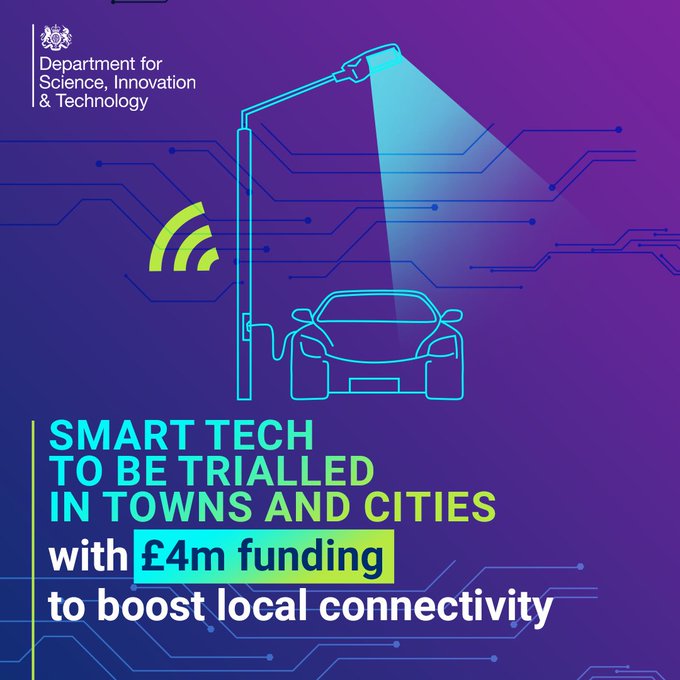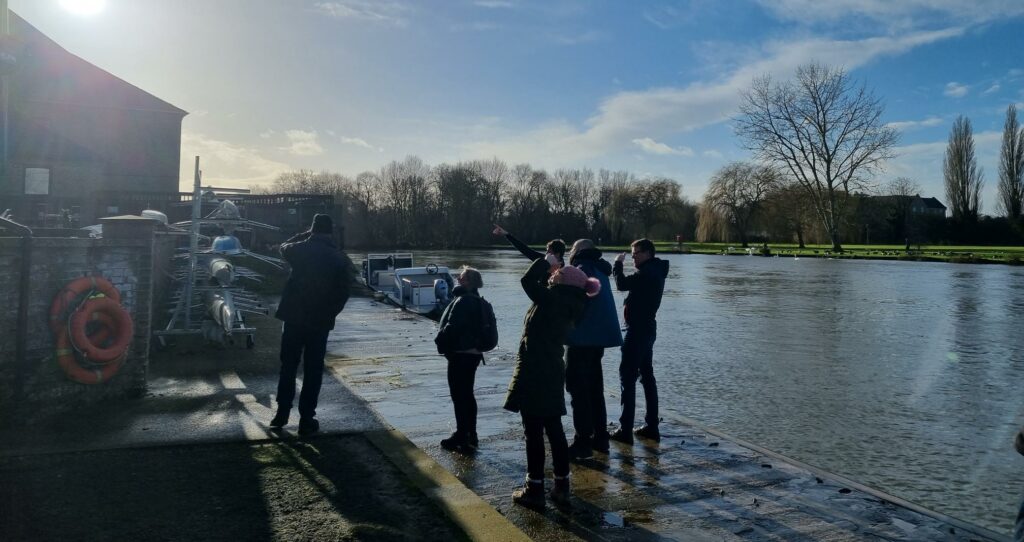Smart Cambridge set to speed up ‘smart’ solutions for the region
Cambridge is set be at the centre of a leading ‘smart city region’ – combining the city’s brainpower and business might to speed up ‘smart’ solutions to congestion, air quality and other city challenges.
The work of the Smart Cambridge programme is being scaled up to explore how the latest data and digital technology can be used to transform the way people live, work and travel in the region, and beyond.
The rapidly evolving programme has recently been allocated £1.6million by Greater Cambridge City Deal over the next three years, as part of its investment plans to improve the transport infrastructure and promote economic growth in and around Cambridge.
Smart Cambridge today launched the first phase of the cutting-edge Intelligent City Platform (iCP) it has developed with the University of Cambridge – taking real-time data from an array of sensors across the city to support myriad smart solutions.
Leading business, academic, local government, smart city and technology representatives from across the region attended the prestigious launch event, held at Microsoft Research, to hear about pioneering ‘smart’ projects in the pipeline.
Councillor Francis Burkitt, Vice Chair of the Greater Cambridge City Deal Executive Board, champions a technological revolution in the city’s transport systems: He said:
“We have a unique opportunity to harness the brainpower and business might of Greater Cambridge to find innovative solutions to challenges faced by our region, and indeed all growing cities. That’s why taking a collaborative approach is the best way forward for Smart Cambridge and could lead the way forward for other smart cities.”
A new LoRa (low power long range) network has also been set up with the University to transfer data flowing from the sensors to the data hub, so that is can be analysed and visualised to plan smart solutions, including making transport systems more reliable and easier to use.
The platform is among the first to collate ‘real-time’ data, which will allow citizens, third party developers and commercial partners to ‘test bed’ innovative applications including the new Cambridge mobile travel app, which will be available to download this summer.
A preview of the new MotionMap mobile travel app showed how the real-time data will be used to more accurately predict bus times, to help improve people’s journeys and encourage them to use more sustainable methods of transport.
The app is being developed by local tech’ company Building Intellect Ltd and will be launched this summer as part of a series of data-sharing events to involve residents and businesses in developing smart solutions for the city.
Tech-based small and medium sized businesses in Cambridge are also being challenged to drive forward Internet of Things (IoT) innovation during 2017 to help find real world solutions to key city challenges through the IoTUKBoost programme.
The next phase of the Smart Cambridge programme will build upon the studies already underway to investigate intelligent mobility including integrated ticketing and online payments, trialling driverless vehicles and the feasibility of an AVRT (advanced very rapid transit system) for Cambridge and surrounding areas.
Watch the new Smart Cambridge video and view the Smart Cambridge guide here
Related Posts

Connecting Cambridgeshire secures £220K funding from Smart Infrastructure Pilots Programme competition

Public and private sector unite to research self-driving vehicles in Cambridge

